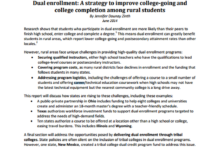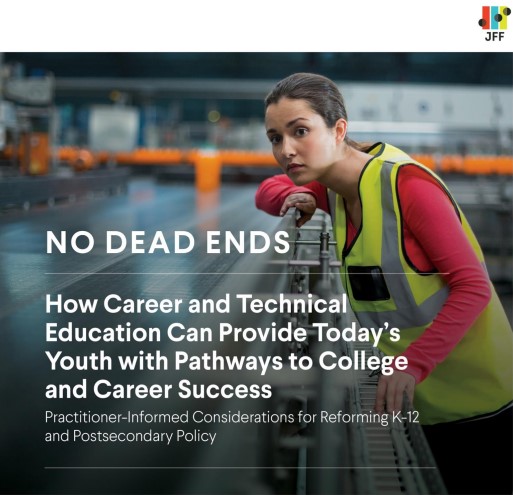As state and federal policymakers consider policy changes CTE to strengthen college and career pathways for today’s youth, it is critical that these policy actions are grounded in a commitment to closing equity gaps, expanding economic opportunities, and aligning systems. Building from their practical experiences, the Policy Leadership Trust and its CTE pathway work group propose action on five key policy issues in order to fully integrate high-quality CTE experiences into every young adult’s pathway to college and career success:
- Clearly define, elevate, and adequately resource high-quality CTE to ensure all learners have access
- Support every learner in developing their career identity through career exposure, counseling, and other critical supports
- Provide access to intentional dual enrollment experiences that combine CTE and rigorous core academics
- Provide every student with high-quality, work-based learning experiences integrated into their academic coursework
- Build stronger cross-sector data and accountability structures to ensure CTE student success and advancement






